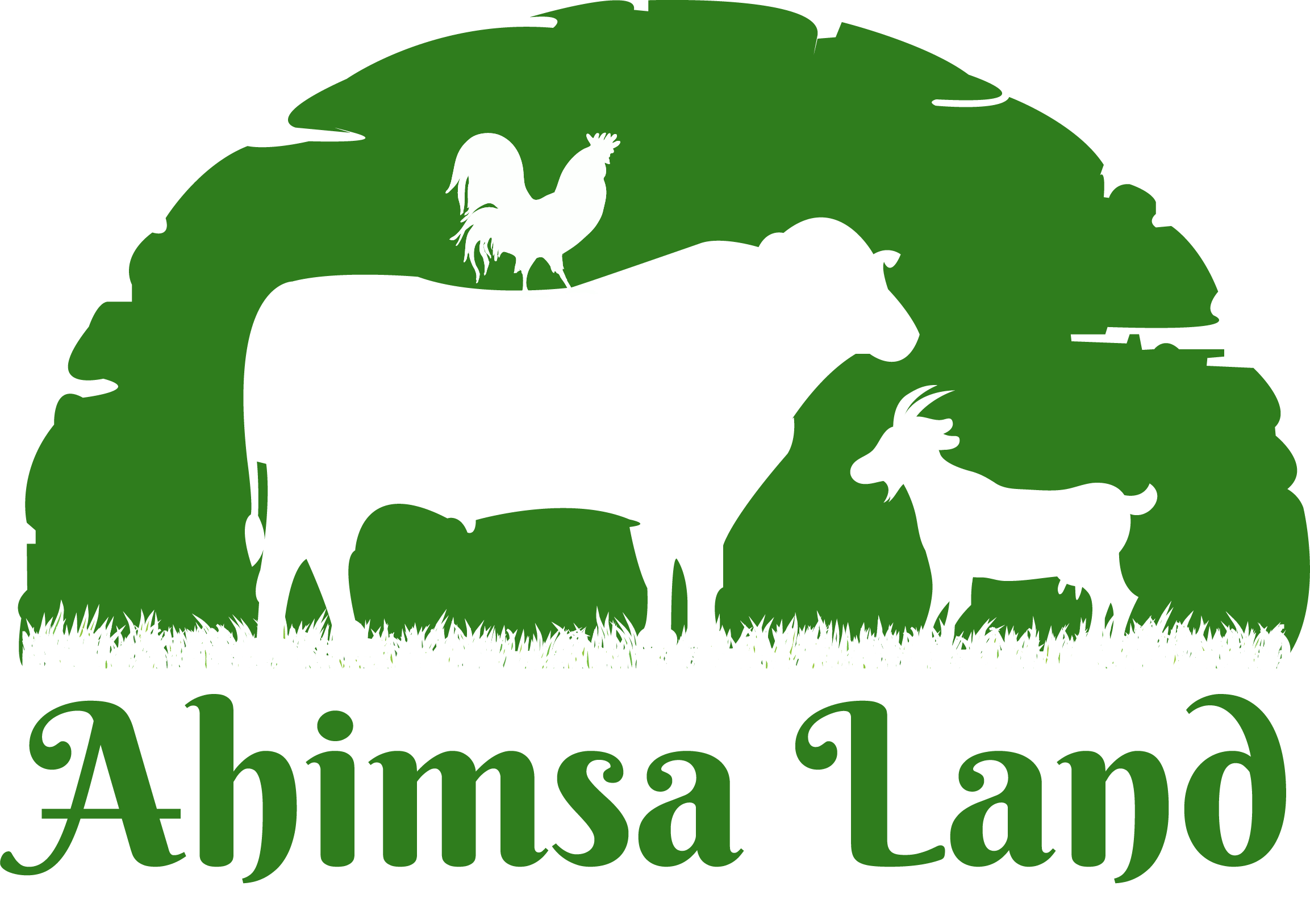If we know the role diet plays, we can not only reduce suffering, but in almost all cases can also reverse common lifestyle diseases like diabetes, hypertension, heart problems, kidney issues, autoimmune diseases, and even cancer by keeping the body in optimal condition and letting the body heal itself.
The most natural food designed for our body is ripe, sweet, juicy fruit and also tomatoes, cucumbers, carrots, lady finger (okra) etc. without any salt. The next best food to eat is lightly steamed vegetables like cauliflower, cabbage, carrots, bottle gourd, etc. And if you still want to eat cooked food, then we definitely recommend whole plant foods without too many ingredients that contain fat and little to no salt.
So, how does that work? It’s simple: when you provide the right “fuel” to your body, it will automatically keep all the organs in good running condition. Moreover, the body will be free to fight invading viruses like the ones we suffered from during the Covid-19 pandemic.
The body is in a constant state of inflammation when it suffers from lifestyle diseases. This directs all its energy toward healing and that compromises the immune system. Diseases like diabetes type 2, cardiovascular disease, hypertension, etc., are called “lifestyle” diseases for a reason: they’re caused by the food choices we make. Change the “lifestyle,” and the body heals itself.
A Whole-Foods Plant-Based (WFPB) diet provides nutrient-dense foods that help reverse these diseases while freeing up the body’s energy to restore balance. The best part? It’s incredibly easy to eat this way in India! Most of our traditional meals of roti, sabji, dal, chawal, kachumber, papad, chutney, and achar are already vegan and most can be made whole-plant-based with simple tweaks.
🥗 What Does “Whole Plant Food” Mean?
The word “whole” means “complete.” Whole foods are simply plant foods like fruits, vegetables, legumes, pulses, grains, nuts, and seeds eaten in their natural form without peeling, refining, juicing, or processing.
Processing removes fiber and essential nutrients. Whole plant foods, on the other hand, contain everything your body needs like fibre, vitamins, minerals, antioxidants, and phytonutrients. Fibre is your best friend… it slows sugar absorption, improves gut health, aids digestion, and prevents inflammation.
Why a WFPB Diet Works Like Magic
Because that’s what nature intended us to eat! Most plant ingredients we eat contain what the human body needs, and when we eat them close to their natural form, the body thrives.
The main causes of lifestyle diseases are:
- Excess protein
- Excess fat
- Lack of fiber
- Acidic foods
Protein
Protein is essential for growth and repair, but once growth is complete, excess protein (especially from animal sources) becomes harmful. It creates acidity, taxes the kidneys, and contributes to diseases like gout, osteoporosis, and even cancer.
Fat
Fat thickens the blood, reducing oxygen supply, and leading to hypertension, diabetes, and obesity. Avoid animal products and refined plant oils (like coconut, olive, and peanut oils) that have no fiber. Plants contain all the healthy fats you need in their whole form. Moreover, our body doesn’t need fats in large quantities, so have nuts, seeds, and avocados sometimes and in small quantities.
Fiber
Fiber is the single most neglected yet vital nutrient. It stabilizes blood sugar, prevents inflammation, and keeps digestion smooth. Take note: animal foods have no fiber.
Acidic Foods
Animal products, refined sugar, tea, coffee, alcohol, and processed foods are all acid-forming. In contrast, fruits and vegetables are alkaline and rich in antioxidants that help the body heal naturally.
🌿 The Simple Guide to Eating Whole Foods
Here’s a quick summary of how to make your meals truly whole-plant-based:
- Eat carrots, pumpkin, cucumber, ginger, potatoes, etc. without peeling.
- Eat brown rice, not white polished rice.
- Use whole wheat, not refined maida.
- Choose whole pulses (with skins on).
- Eat whole fruit, not juices.
- Eat nuts and seeds instead of oils. But rarely and in very small quantities.
- Eat dates, raisins, figs and other fruit instead of sugar or jaggery.
In simple words: eat foods in their natural form. Start small with one ingredient, one meal at a time and your body will thank you.
Food is the most powerful medicine on the planet. When you fuel your body with real, whole food, especially fruit, you give it the tools to heal itself.
🍲 Rediscover Traditional Indian Goodness
Indian Vegan Cookbook brings you the best of timeless Indian recipes that are already vegan… and cruelty-free. Each recipe is simple, nutritious, and designed to help you live a compassionate, disease-free life. You can learn how to make each dish whole plant based from the tips at the bottom of each page.
Ready to Begin Your WFPB Journey? Here’s Wishing You a Wonderful and Tasteful Start to Good Health!
🌿 Simple Steps to Transition to a Whole-Foods Plant-Based Diet
- Start small: Replace one meal a day with a whole-plant-based option like fruits, vegetables, or lentil soup.
- Eliminate dairy: Try plant milks made from oats, almonds, or coconut (without straining for fiber retention).
- Cut out oils: Use nuts and seeds instead. Roast or steam your food instead of frying.
- Choose whole grains: Switch to brown rice, millets, or whole wheat instead of refined products.
- Eat more raw food: Begin meals with a salad or fruit plate to boost fiber and digestion.
- Stay hydrated: Drink water or lemon-infused water instead of tea, coffee, or colas.
- Plan ahead: Keep healthy snacks like roasted chana, fruits, or dry fruits handy.
- Be patient: Your taste buds and body will adapt beautifully over time!
🌸 Every small change you make brings you closer to health, compassion, and vitality.
